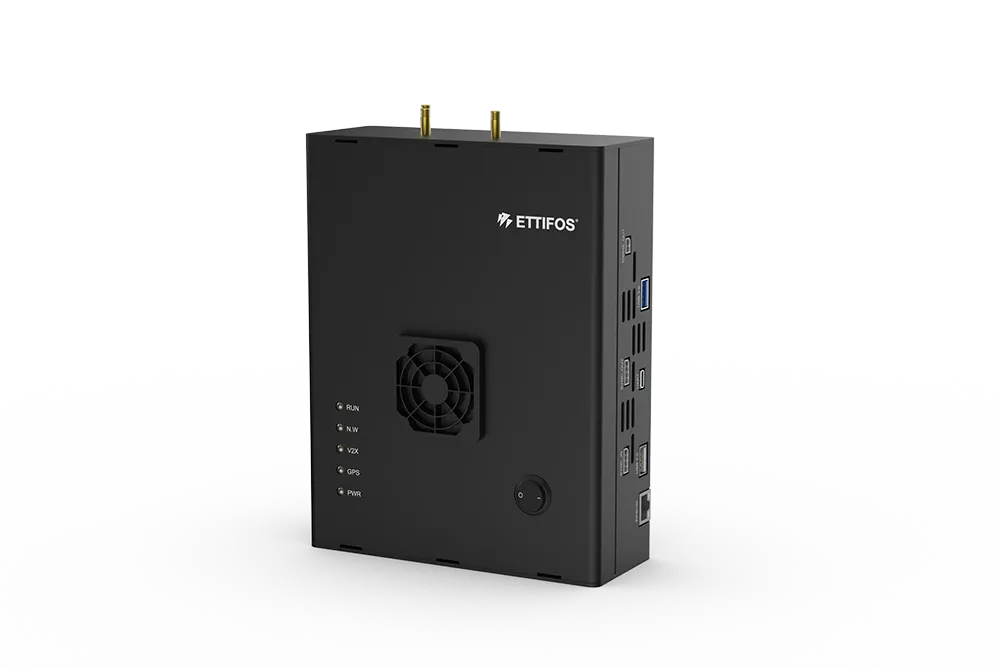
As the push for intelligent transportation systems accelerates, cellular Vehicle-to-Everything (C-V2X) technology is set to revolutionize vehicle communication for connected mobility and smart city deployments.
However, developing, testing, and optimising V2X applications requires a robust, flexible solution that accommodates real-world field testing and real-time communication.
Ettifos, V2X solutions provider, will be in Seville exhibiting Sirius, its Software-defined Modem (SDM) C-V2X platform, which provides just that.
Through its commitment to driving advancement across the V2X industry with cutting-edge innovations, Ettifos has developed the all-in-one solution to support both the functional testing and performance analysis of 5G-V2X and LTE-V2X sidelink communication, as well as the rapid prototyping of V2X applications.
With a focus on real-world deployment, Sirius allows researchers and engineers to test and refine critical and advanced V2X use cases, including forward collision warning, platooning, cooperative perception, and automated driving scenarios.
The platform provides real-time performance monitoring and application verification, making it an invaluable tool for those working at the forefront of connected vehicle technology.
One of its standout features is its ability to support both 5G-V2X and LTE-V2X on a single platform, enabled through a simple software update. Instead of requiring multiple test platforms or devices, users can seamlessly evaluate, compare, and transition between both technologies, reducing costs and complexity in the testing process.
This makes Sirius the ideal choice for research and development teams, automotive companies, and technology providers requiring a streamlined, cost-effective testing solution.
Beyond its versatility, the platform is highly configurable, with SDK and API support for application development.
For those pushing the boundaries of connected and autonomous mobility, Sirius provides the tools to accelerate development, optimise performance, and bring next-generation V2X applications to life, bridging the gap between research and real-world deployment.
Stand: E16








